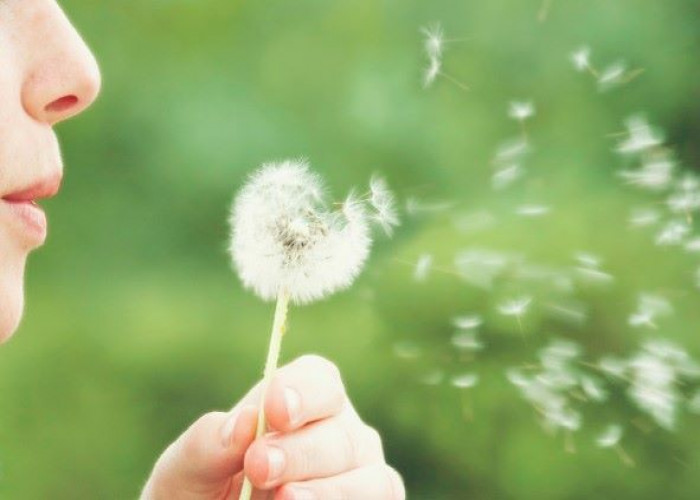 Welcome
Welcome
“May all be happy, may all be healed, may all be at peace and may no one ever suffer."
Hay fever

Hay fever, also known as allergic rhinitis, is a common condition that occurs when the immune system overreacts to allergens such as pollen, dust, mold, and animal dander. Symptoms of hay fever can include sneezing, runny nose, nasal congestion, itchy and watery eyes, and throat irritation.
Hay fever is typically diagnosed based on symptoms and may be confirmed with allergy testing. Treatment for hay fever may include medications such as antihistamines, decongestants, and nasal corticosteroids to relieve symptoms. Immunotherapy, or allergy shots, may also be recommended to desensitize the immune system to specific allergens over time.
In addition to medication, there are several self-care measures that can help manage hay fever symptoms. These include:
- Avoiding allergens: Try to stay indoors when pollen counts are high, keep windows closed, and use air conditioning if possible. Avoid exposure to other allergens such as pet dander, mold, and dust mites.
- Saline nasal rinses: Use a saline solution to rinse out nasal passages and relieve congestion.
- Keeping clean: Wash your hands frequently and take a shower after spending time outdoors to remove pollen and other allergens from your skin and hair.
- Using a HEPA filter: A high-efficiency particulate air (HEPA) filter can help remove pollen and other allergens from indoor air.
- Taking care of your health: Eating a healthy diet, staying hydrated, and getting regular exercise can help boost your immune system and manage symptoms.
In general, hay fever can be managed effectively with a combination of medication and self-care measures. If you are experiencing persistent or severe hay fever symptoms, it is important to talk to a healthcare provider to determine the best course of treatment for your individual needs.
Research Papers
Disease Signs and Symptoms
- Runny nose
- Nasal congestion
- Itching
- Red eyes (conjunctivitis)
- Frequent sneezing
- Cough
- Itchy nose, roof of mouth or throat
- Swollen eye (Conjunctivitis)
- Fatigue (Tiredness)
Disease Causes
Hay fever
When you have hay fever, your immune system identifies a harmless airborne substance as harmful. Your immune system then produces antibodies to this harmless substance. The next time you come in contact with the substance, these antibodies signal your immune system to release chemicals such as histamine into your bloodstream, which cause a reaction that leads to the signs and symptoms of hay fever.
Disease Prevents
Hay fever
There's no way to avoid getting hay fever. If you have hay fever, the best thing to do is to lessen your exposure to the allergens that cause your symptoms. Take allergy medications before you're exposed to allergens, as directed by your doctor.
Disease Treatments
It's best to limit your exposure to substances that cause your hay fever as much as possible. If your hay fever isn't too severe, over-the-counter medications may be enough to relieve symptoms. For worse symptoms, you may need prescription medications.
Many people get the best relief from a combination of allergy medications. You might need to try a few before you find what works best.
If your child has hay fever, talk with your doctor about treatment. Not all medications are approved for use in children. Read labels carefully.
Medications for hay fever include:
- Nasal corticosteroids. These prescription nasal sprays help prevent and treat the nasal inflammation, nasal itching and runny nose caused by hay fever. For many people they're the most effective hay fever medications, and they're often the first type of medication prescribed.
- Examples include mometasone (Nasonex) and budesonide (Rhinocort), both available by prescription, and Fluticasone (Flonase Allergy Relief), budesonide (Rhinocort Allergy) and triamcinolone (Nasacort Allergy 24 Hour), available over the counter. The prescription nasal spray azelastine and fluticasone (Dymista) combines an antihistamine with a steroid.
- Nasal corticosteroids are a safe, long-term treatment for most people. Side effects can include an unpleasant smell or taste and nose irritation. Steroid side effects are rare.
- Antihistamines. These preparations are usually given as pills. However, there are also antihistamine nasal sprays and eyedrops. Antihistamines can help with itching, sneezing and a runny nose but have less effect on congestion. They work by blocking a symptom-causing chemical released by your immune system during an allergic reaction (histamine).
- Over-the-counter pills include loratadine (Claritin, Alavert), cetirizine (Zyrtec Allergy) and fexofenadine (Allegra Allergy). The prescription antihistamine nasal sprays azelastine (Astelin, Astepro) and olopatadine (Patanase) can relieve nasal symptoms. Antihistamine eyedrops such as ketotifen fumarate (Alaway) help relieve eye itchiness and eye irritation caused by hay fever.
- Decongestants. These medications are available in over-the-counter and prescription liquids, tablets and nasal sprays. Over-the-counter oral decongestants include pseudoephedrine (Sudafed, Afrinol, others). Nasal sprays include phenylephrine hydrochloride (Neo-Synephrine) and oxymetazoline (Afrin).
- Oral decongestants can cause a number of side effects, including increased blood pressure, insomnia, irritability and headache. Don't use a decongestant nasal spray for more than two or three days at a time because it can actually worsen symptoms when used continuously (rebound congestion).
- Cromolyn sodium. This is available as an over-the-counter nasal spray that must be used several times a day. It's also available in eye-drop form with a prescription. It helps relieve hay fever symptoms by preventing the release of histamine. Most effective when you start using it before you have symptoms, cromolyn sodium doesn't have serious side effects.
- Leukotriene modifier. Montelukast (Singulair) is a prescription tablet taken to block the action of leukotrienes — immune system chemicals that cause allergy symptoms such as excess mucus production. It's especially effective in treating allergy-induced asthma. It's often used when nasal sprays can't be tolerated or for mild asthma.
- Montelukast can cause headaches. In rare cases, it has been linked to psychological reactions such as agitation, aggression, hallucinations, depression and suicidal thinking. Seek medical advice right away for any unusual psychological reaction.
- Nasal ipratropium. Available in a prescription nasal spray, ipratropium helps relieve severe runny nose by preventing the glands in your nose from producing excess fluid. It's not effective for treating congestion, sneezing or postnasal drip.
- Mild side effects include nasal dryness, nosebleeds and sore throat. Rarely, it can cause more-severe side effects, such as blurred vision, dizziness and difficult urination. The drug is not recommended for people with glaucoma or men with an enlarged prostate.
- Oral corticosteroids. Corticosteroid pills such as prednisone sometimes are used to relieve severe allergy symptoms. Because the long-term use of corticosteroids can cause serious side effects such as cataracts, osteoporosis and muscle weakness, they're usually prescribed for only short periods of time.
Other treatments for hay fever include:
- Allergy shots (immunotherapy). If medications don't relieve your hay fever symptoms or cause too many side effects, your doctor may recommend allergy shots (immunotherapy or desensitization therapy). Over three to five years, you'll receive regular injections containing tiny amounts of allergens. The goal is to get your body used to the allergens that cause your symptoms, and decrease your need for medications.
- Immunotherapy might be especially effective if you're allergic to cat dander, dust mites, or pollen produced by trees, grass or weeds. In children, immunotherapy may help prevent the development of asthma.
- Under-the-tongue (sublingual) allergy tablets. Rather than getting shots, you have tiny amounts of allergen in pill form dissolve in your mouth, usually daily.
- Rinsing your sinuses. Rinsing your nasal passages with distilled, sterile saline (nasal irrigation) is a quick, inexpensive and effective way to relieve nasal congestion. Rinsing flushes out mucus and allergens from your nose.
- Look for a squeeze bottle or a neti pot — a small container with a spout designed for nose rinsing — at your pharmacy or health food store. To make up the saline irrigation solution, use water that's distilled, sterile, previously boiled and cooled, or filtered using a filter with an absolute pore size of 1 micron or smaller. Also be sure to rinse the irrigation device after each use with similarly distilled, sterile, previously boiled and cooled, or filtered water and leave open to air-dry.
Disease Diagnoses
Disease Allopathic Generics
Disease Ayurvedic Generics
Disease Homeopathic Generics
Disease yoga
Hay fever and Learn More about Diseases

Adenomyosis

Thunderclap headaches

Rotavirus
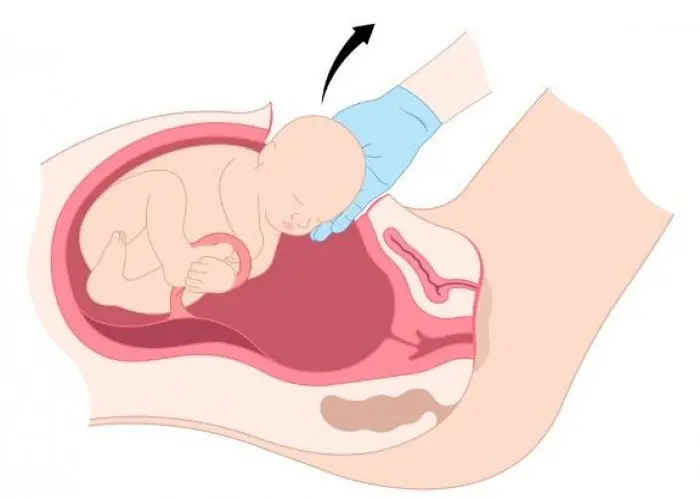
Fetal macrosomia
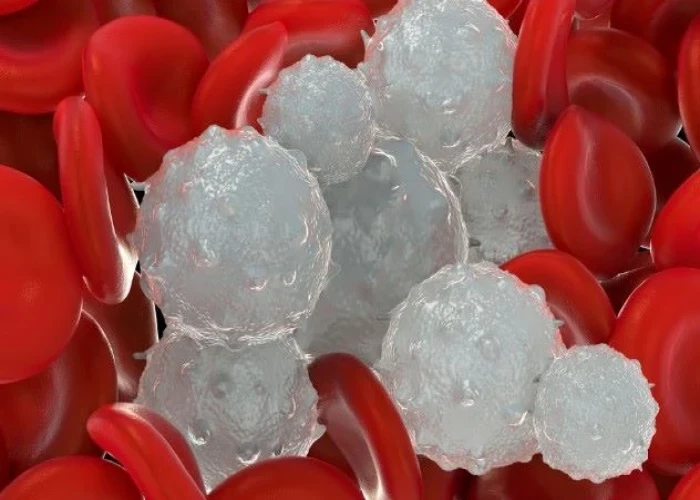
Pediatric white blood cell disorders
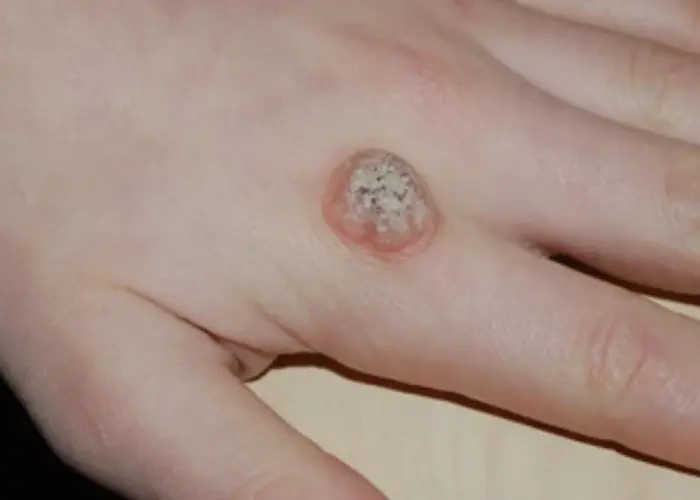
Common warts
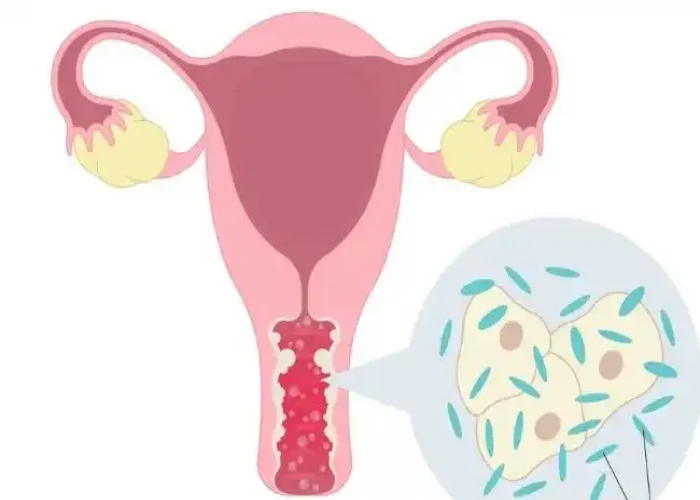
Vaginal atrophy
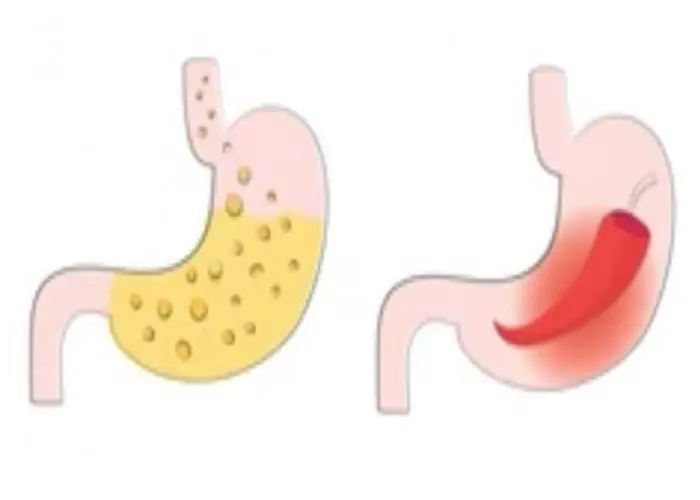
Bile reflux
hay fever, হে জ্বর
To be happy, beautiful, healthy, wealthy, hale and long-lived stay with DM3S.
